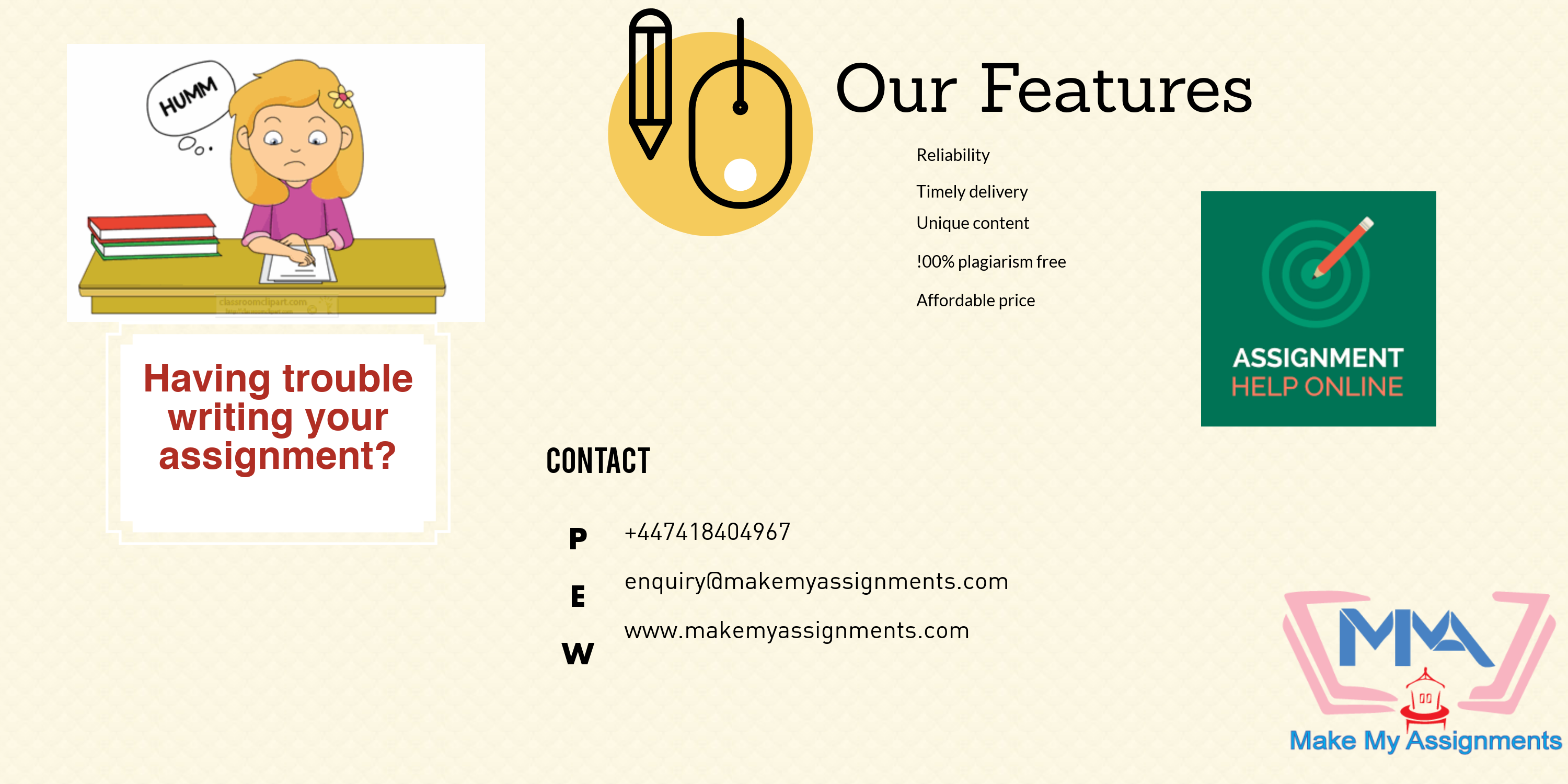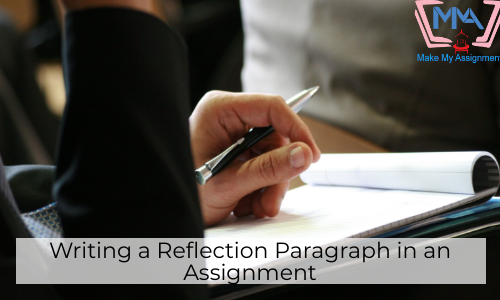Improve your Exam Performance
The academic stress can make even the brightest student underperform during exams. They get nervous and could not score as expected. Maximize your marks by fine-tuning for the exam preparation. Lack of motivation, less preparation and planning, competition with peers and high expectation from others can lead to stress and reason for the downfall in the exams. With few techniques used, you can push yourself and motivate to improve your work. Listening to the music, taking a quick walk, playing with your puppies, talking to some and so on can be very relaxing for exam preparation, but let’s face it you need more than this to prepare for your exams. Here we will discuss a few points, through which you can perform better in your exams.
MAKE A PLAN
With the proper planning, you can avoid stress and ace your each and every exam. Create your study schedule, make a list of all the subjects and courses you need to study. What topics you need to cover first, for example, if you require completing eight items in 2 months before your exam, you can study two subjects per day and assign a day in a week for a general exercise and rest. Don’t forget to shake up your weekly plan if you start to feel it is becoming annoying. Reserve time for studying and review your home assignments. On which topics you need further clarification. How many times you need to review your notes. Create an exam study guide. What distraction you might face during your study and how can overcome them. Schedule time for other activities also, to make sure you don’t lose interest and follow your plan. Take short breaks between your study to avoid feeling overwhelmed.

assignment help
STUDY MATERIAL
It is most important to use up-to-date study materials. Taking older materials, borrowed from your friends can no longer be examinable, especially for the exams dealing with finance reporting, taxation, law, and auditing. Study guides have a set of questions from the original exam pool. Complete as many tasks as possible, given in the study guide. Use past exam paper to practice. Don’t memorize the model answers for using them in the test. Repeating the old answers is never appropriate, as every exam is different and the markers can quickly spot it. Practice on multiple-choice along with the longer questions. Don’t rely on guessing answers when it comes to multiple-choice questions; it may lead to a wrong answer. If you don’t have knowledge on the topic, answer an MCQ based on the experience you have. Making flowcharts and diagrams can be helpful when revising. Challenge yourself to write down everything you know about the topic and then highlight where the mistakes and gaps lie. Concentrate your revision notes into a one-page diagram; it can help you to recall quickly everything you need to revise for the exam.
SLEEP WELL
If you don’t take a good night’s sleep, your mind won’t be in an optimal state to take the exam. Studying late night for the exam will undoubtedly affect your daily life, it leads you to poor health and lack of concentration. Waking up the whole night harms more than it serves. If you have a morning exam, give your body time to adjust by starting sleeping earlier at least one week before the exam. According to the studies, students who study late night might interfere with the rapid-eye-movement (REM), which also aids memory. To maximize your performance, you should get at least 8 hours sleep before the exam. If your racing mind doesn’t let you sleep, try relaxing techniques and meditation to help you deal with your worries. Eating right can help with good sleep. Having the full stomach right before your sleeping time, can keep you awake and disturb your schedule. Avoid caffeine 6-8 hours before you want to sleep and include sleep-inducing drink before sleep like skim milk, chamomile tea, which help you calm your nervous system and gives you sound sleep.
LAST MINUTE STUDY
Many students have a habit of spending 10 minutes in studying right before the exam. It might give you psychological comfort, but it does more harm than good. Take deep breaths, relax your mind and imagine yourself in a state of confidence and peace.
EXAM TAKING TECHNIQUES
Exams are not the objective measure of learning. For getting good grades, you don’t need just the information on the topic, but also the exam taking skills are required. Know the structure of the exam, like how many sections will be there on the exam, will there be multiple-choice questions or open-ended questions or both of them? Before starting answering, go through the whole question paper. Take a note questions which will be time-consuming.
Every second counts of an exam
You can use the stopwatch to help you keep track of the time. Based on how long the exam is, estimate the time spend on each question. For example, for 50points exam, you have 50 minutes, so for a 10 point question, you should spend around 10 minutes answering it. Respond to the questions you know thoroughly. If you are unable to complete any question, don’t get stuck and move on. When you have finished the rest of your exam, come back to the unfinished questions.
With a busy schedule of making assignments, making the case study and essay, students don’t get enough time to prepare for the exams. Don’t panic and as our experts to help you with your assignments and study material and have sufficient time to prepare you best for the exams.





